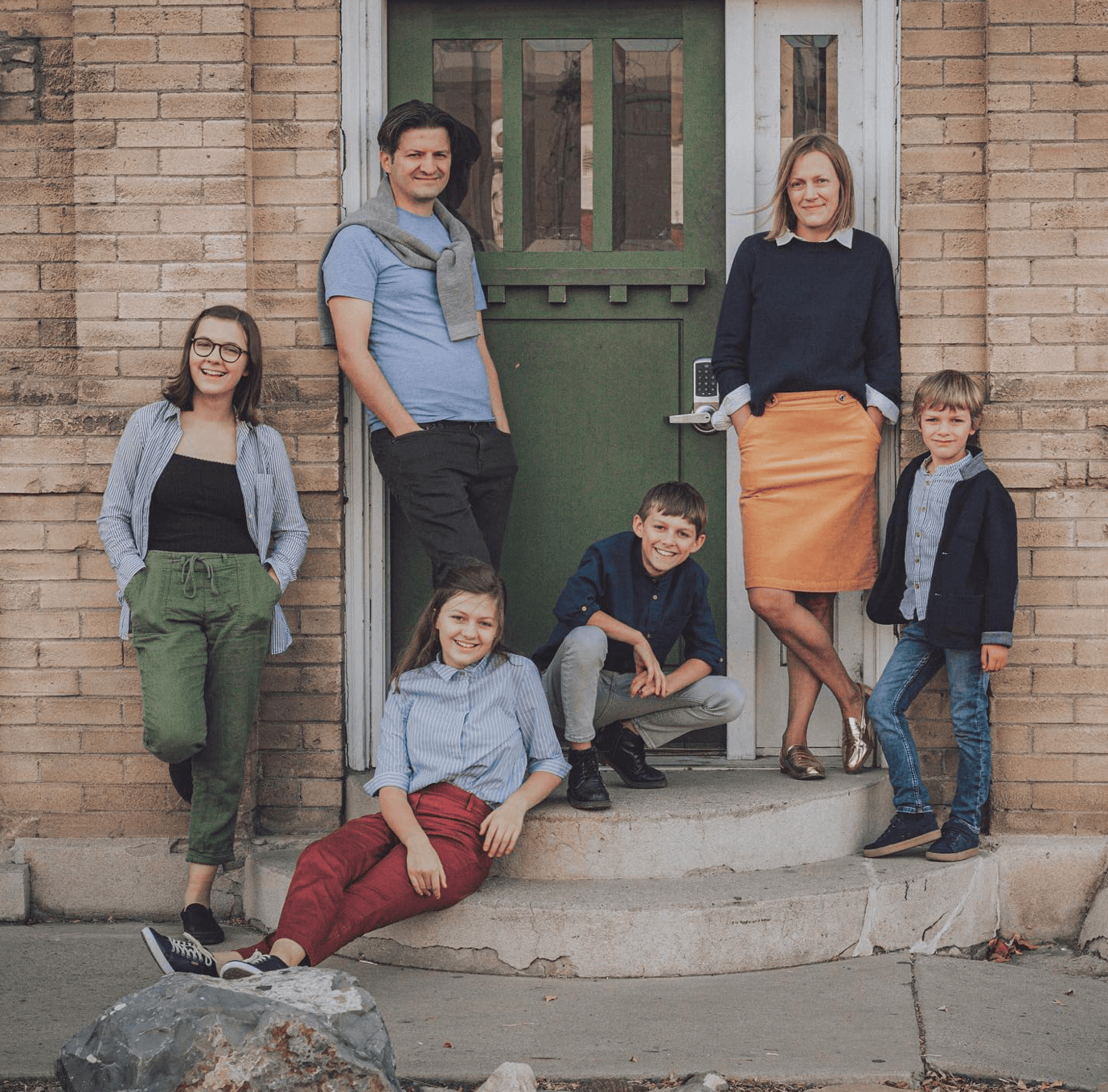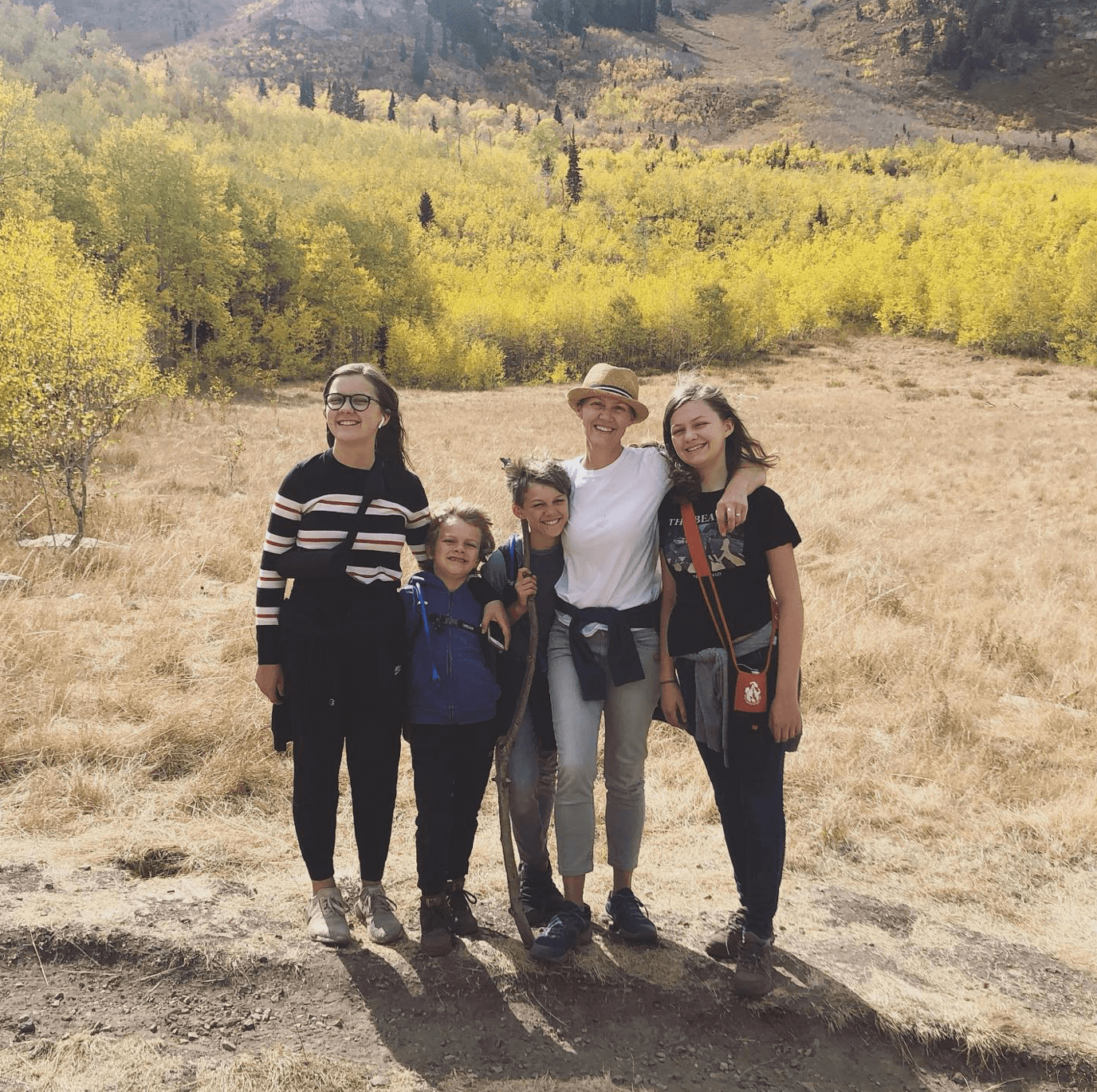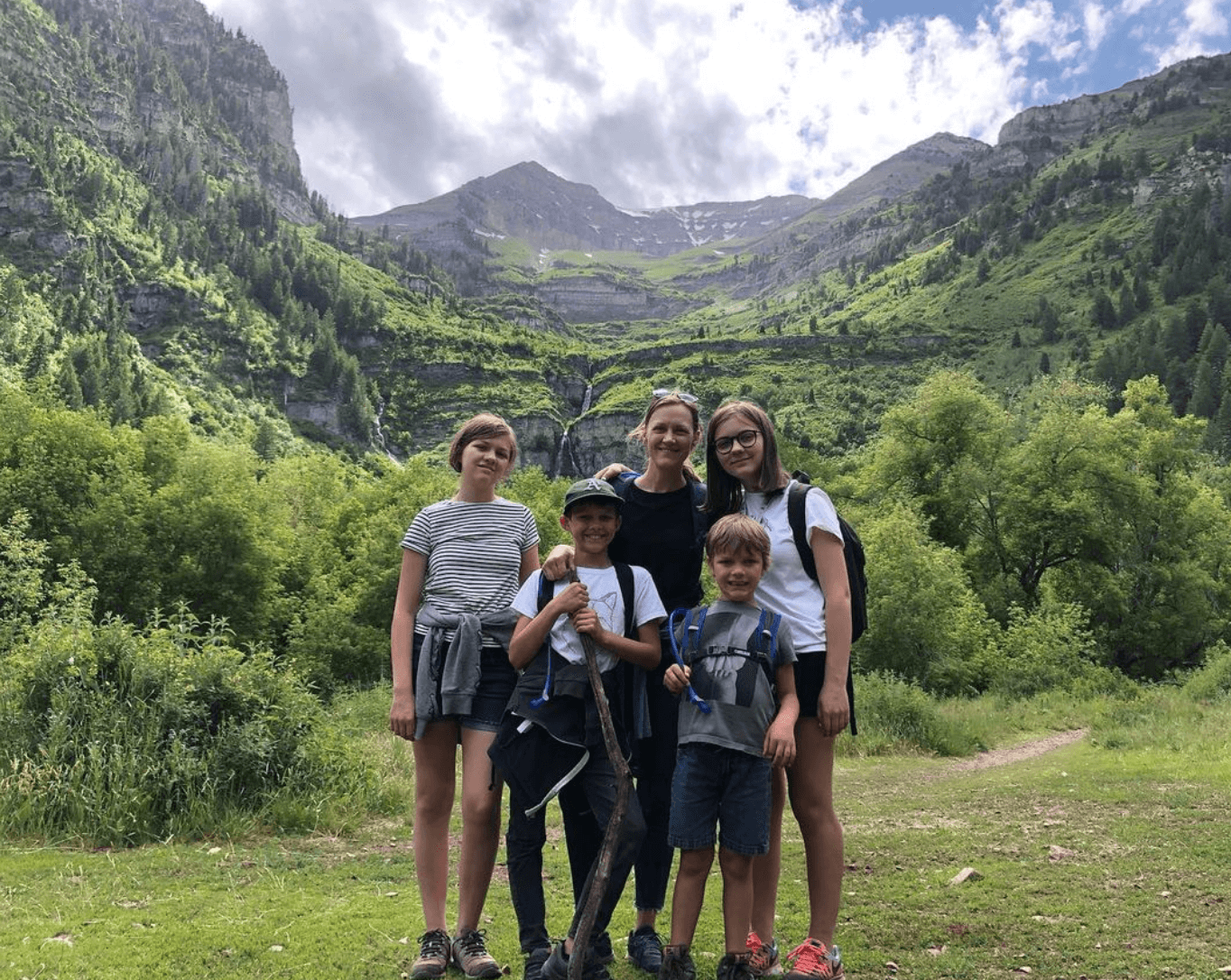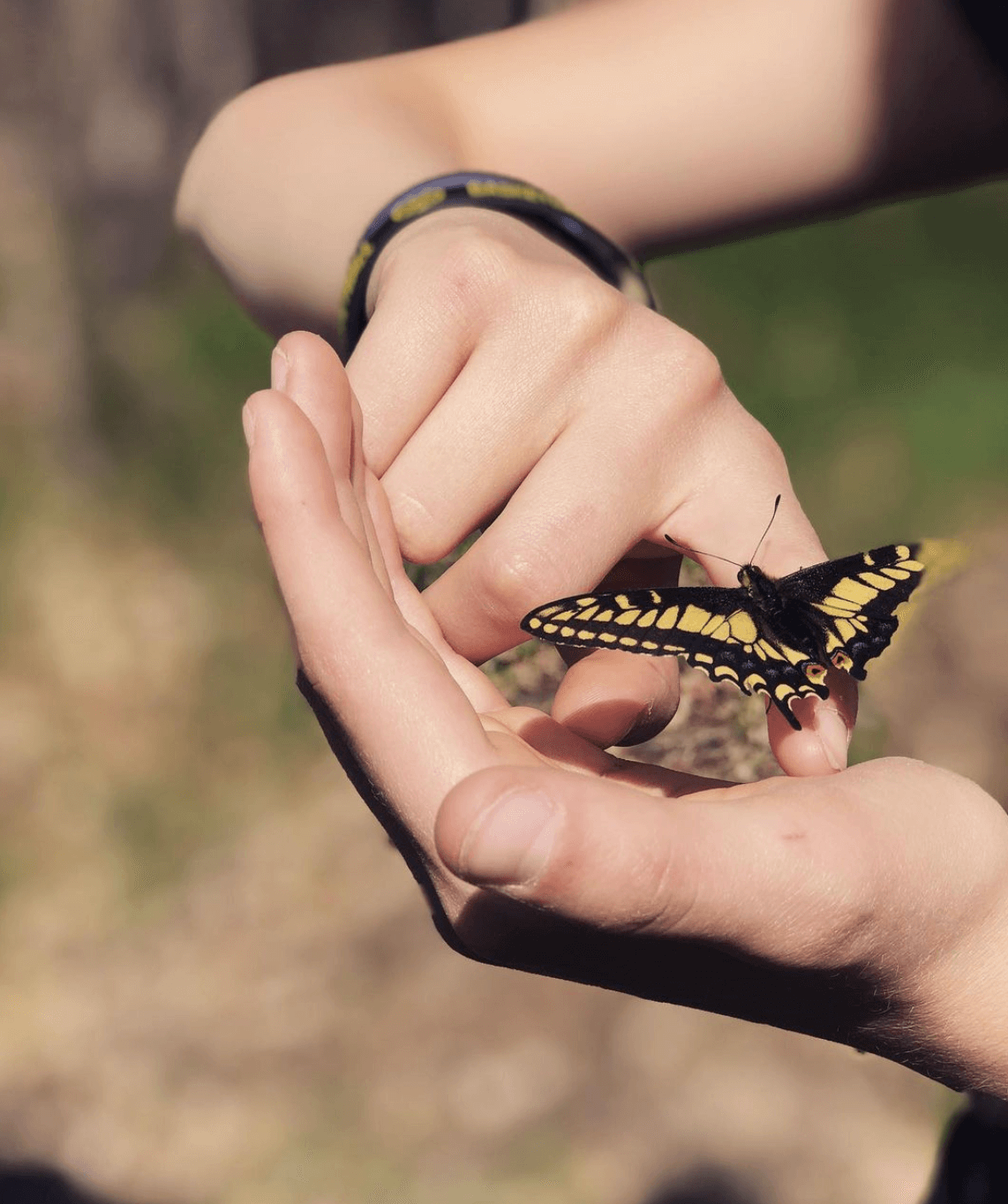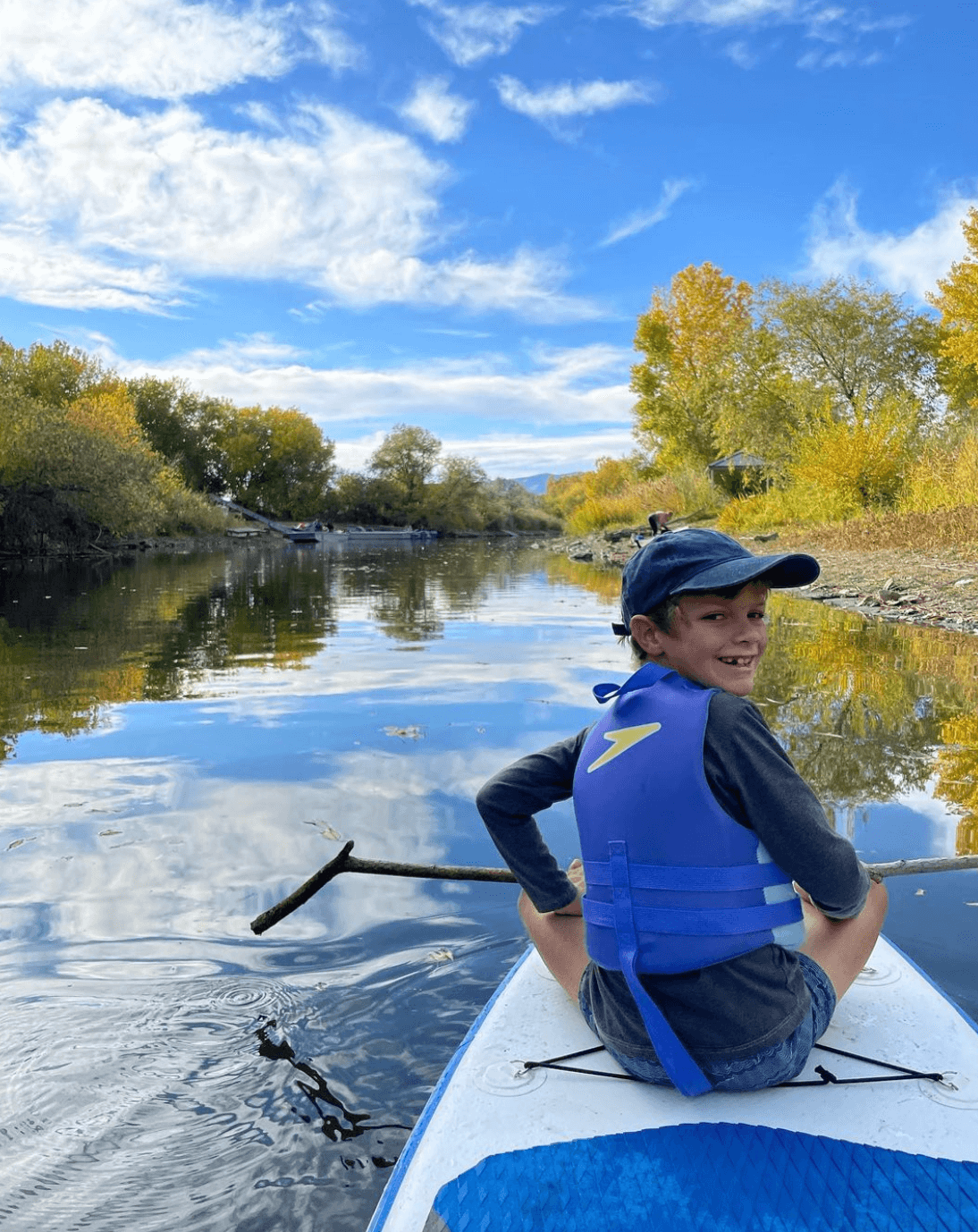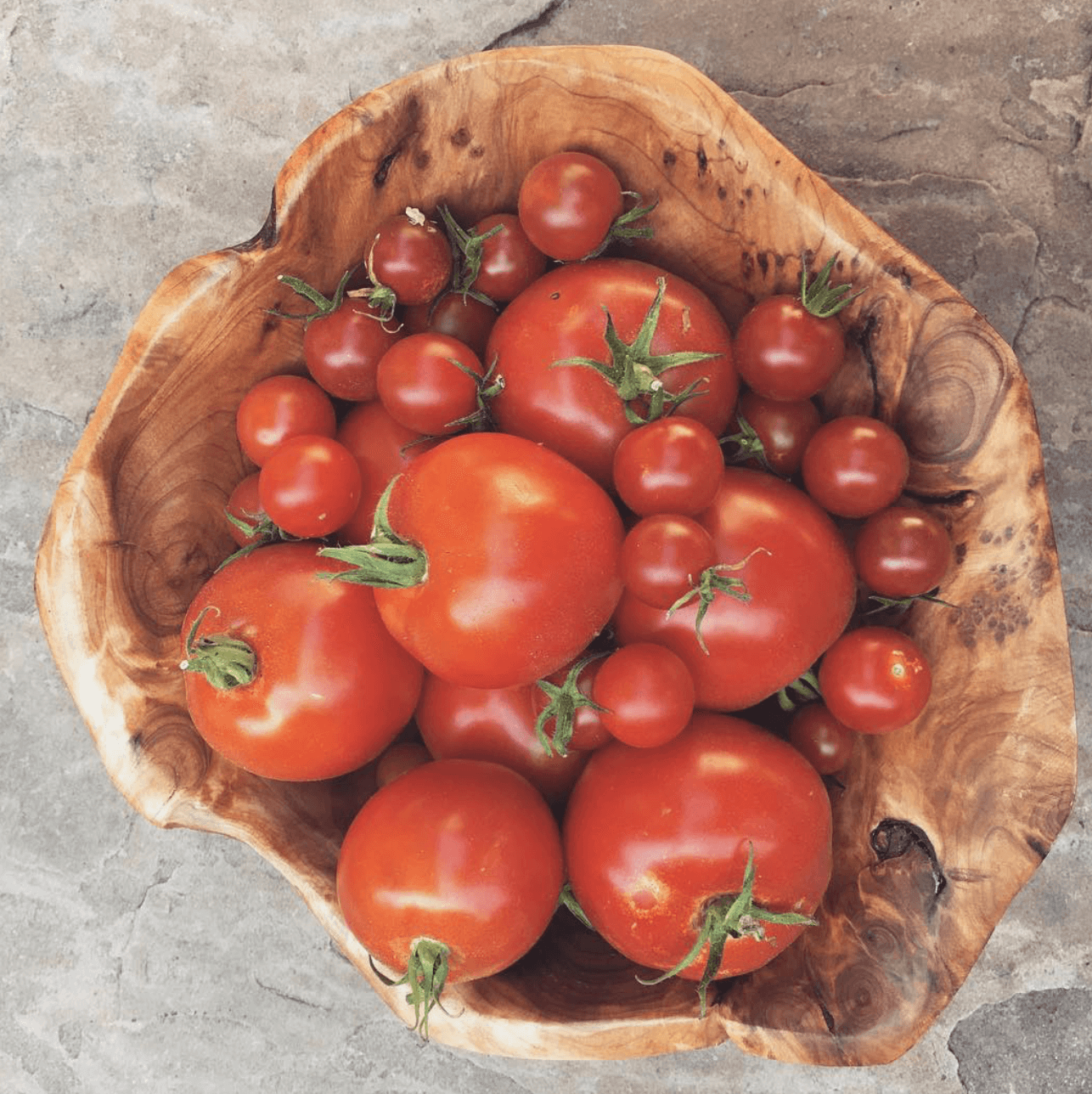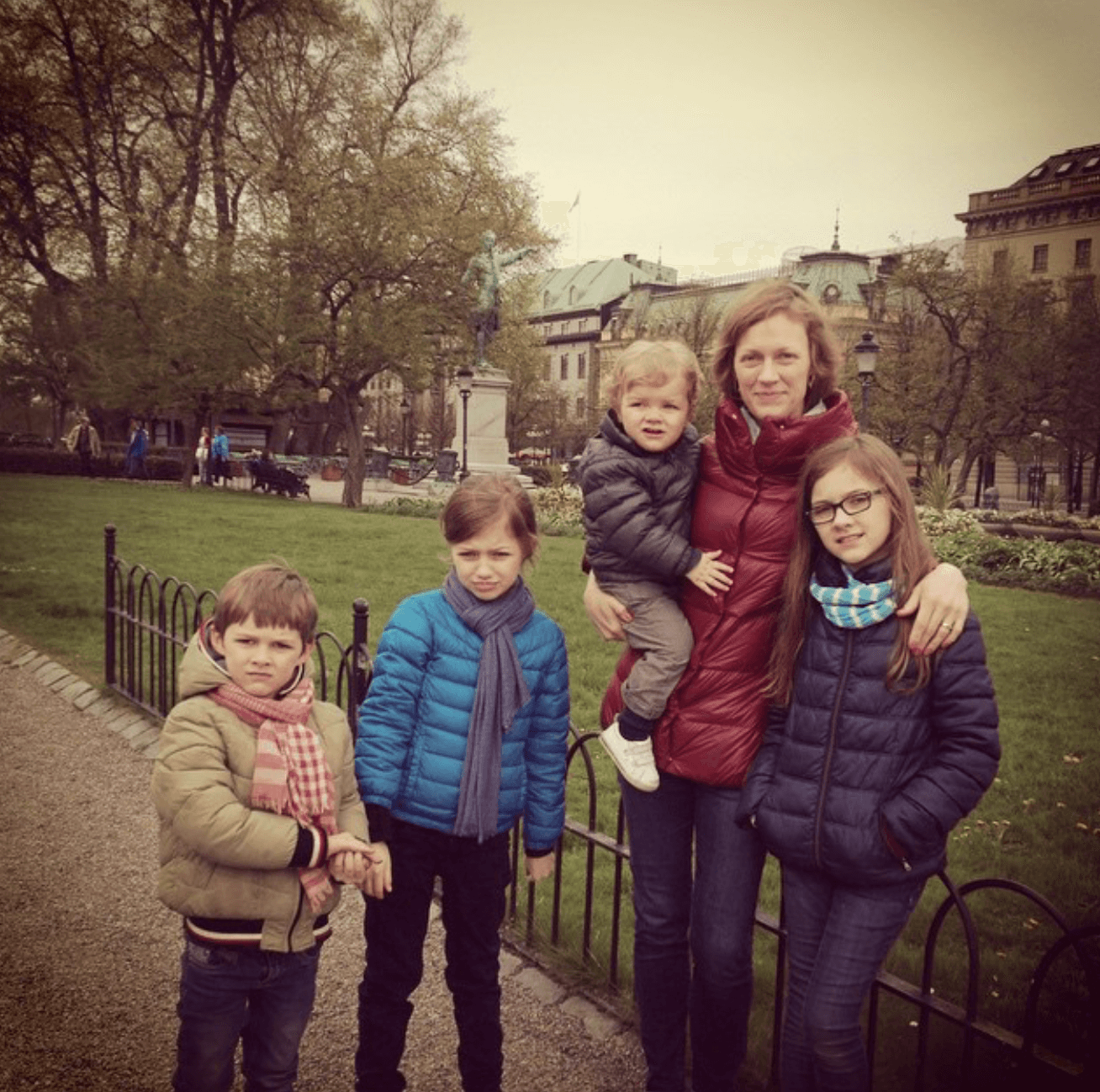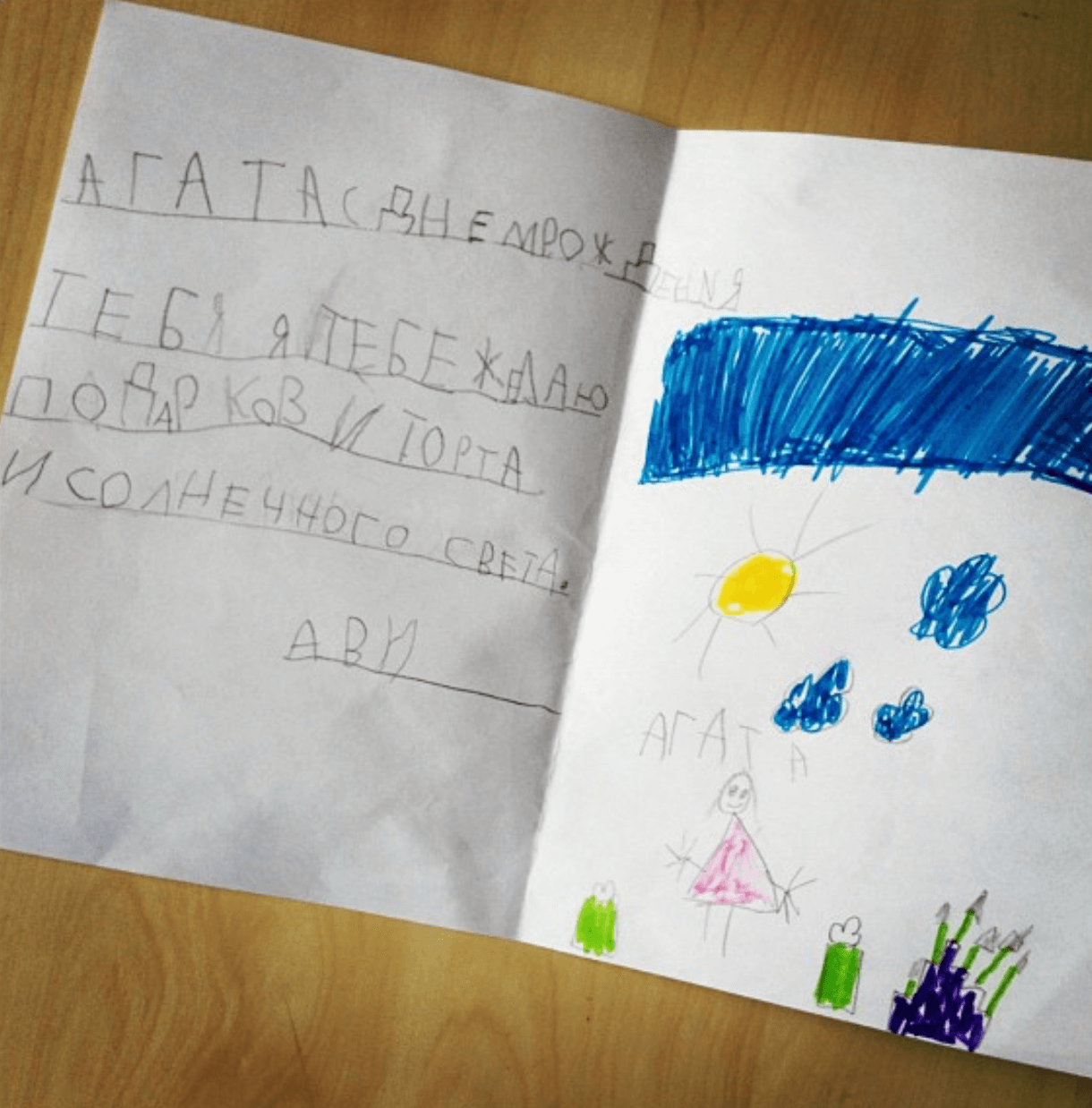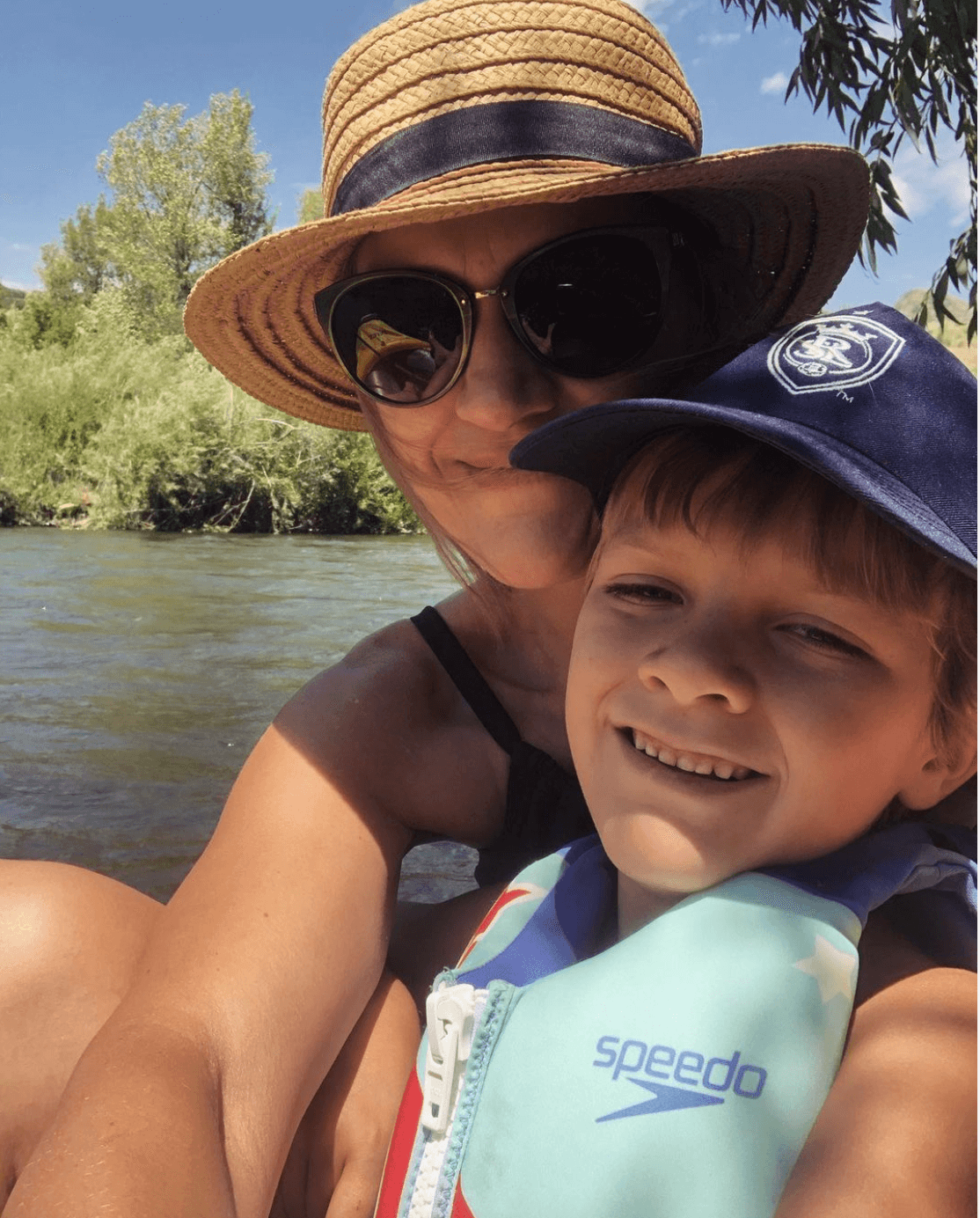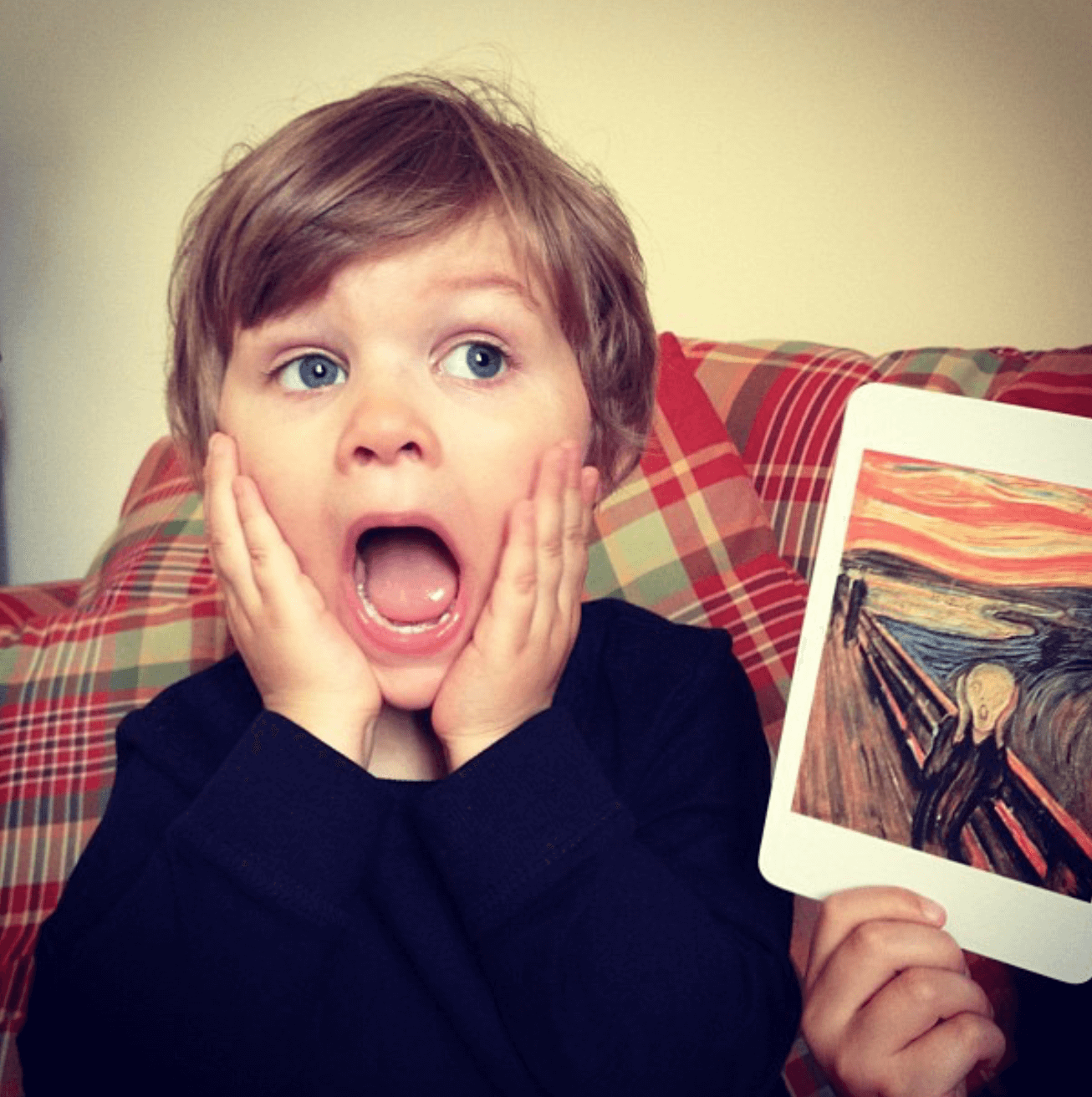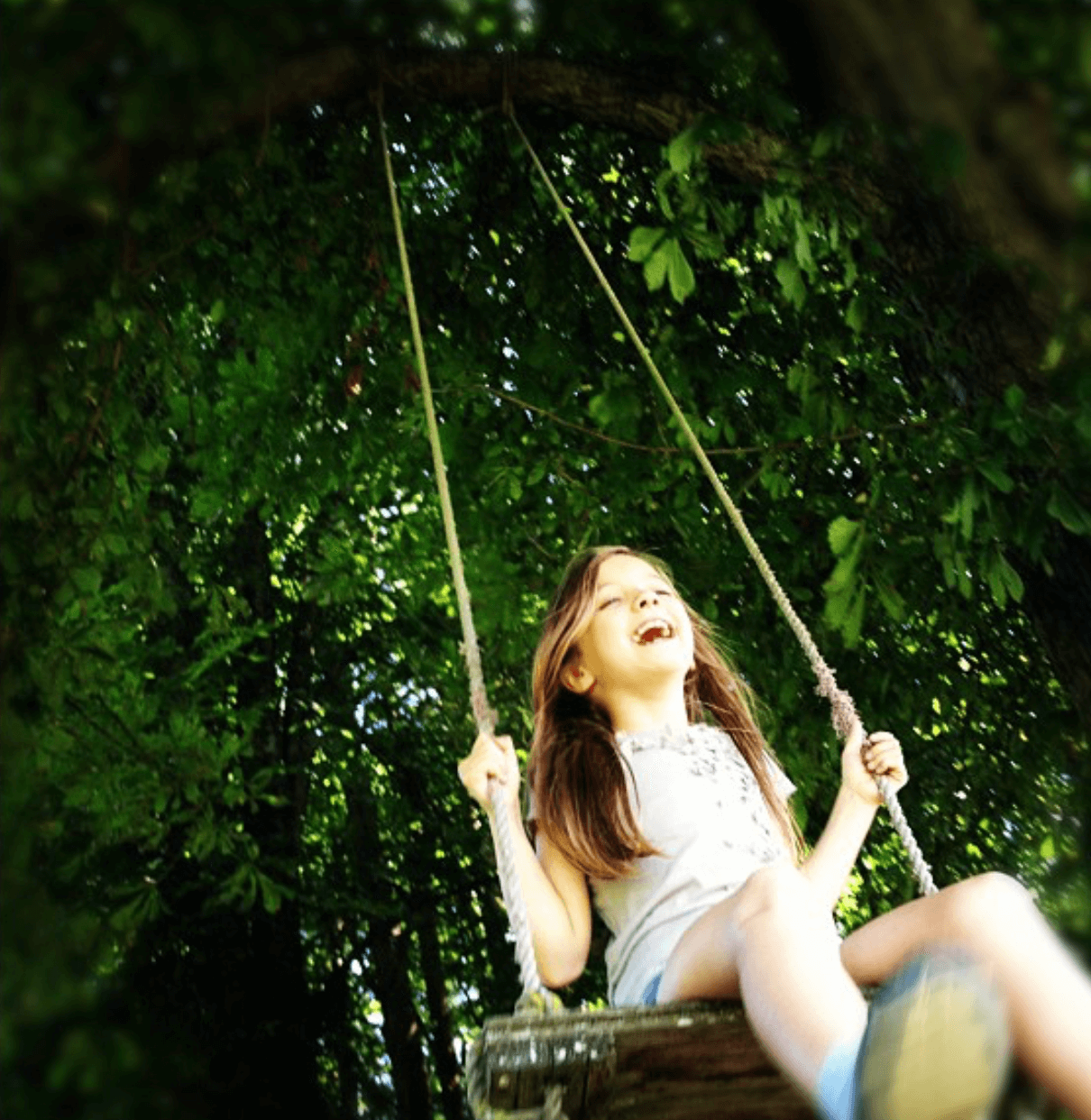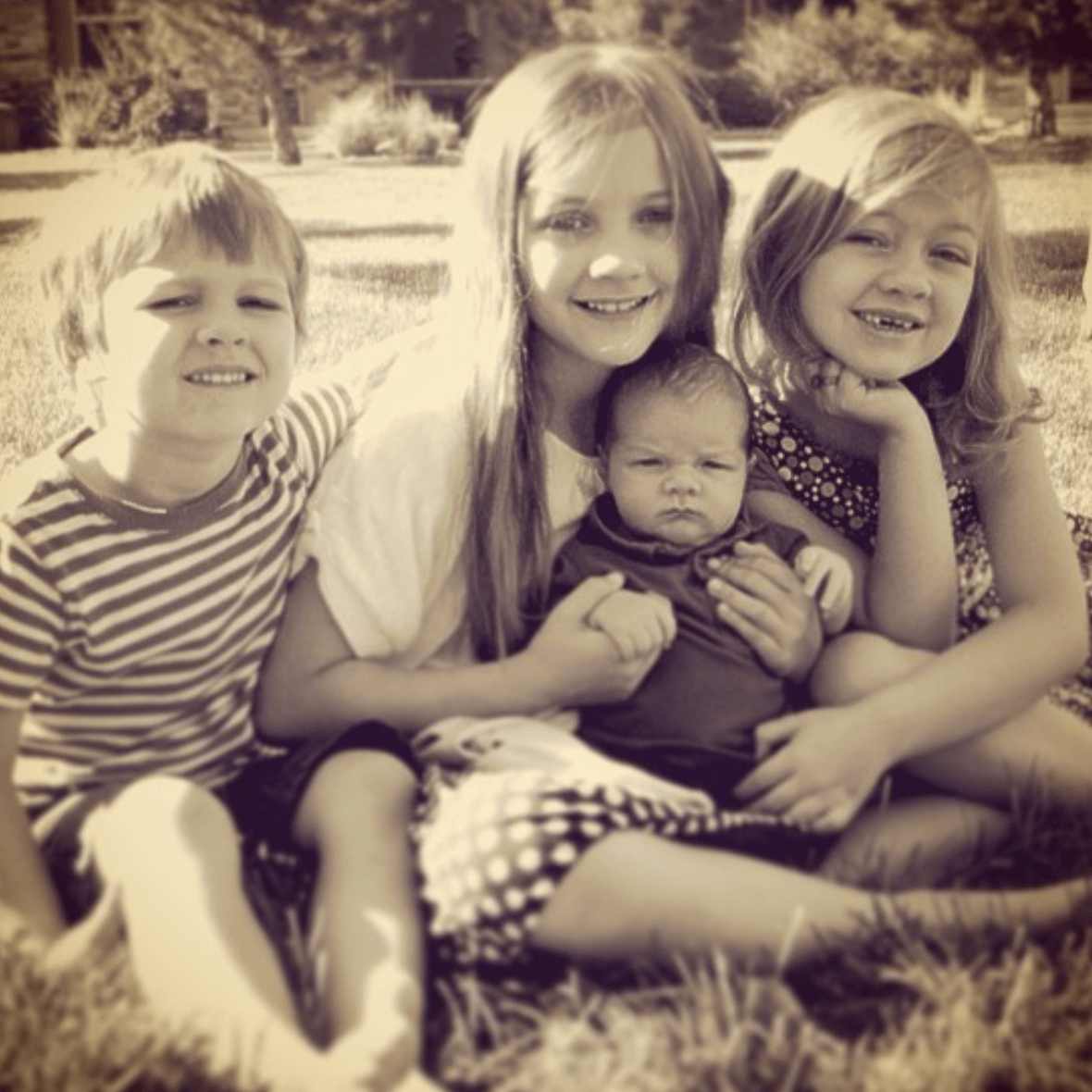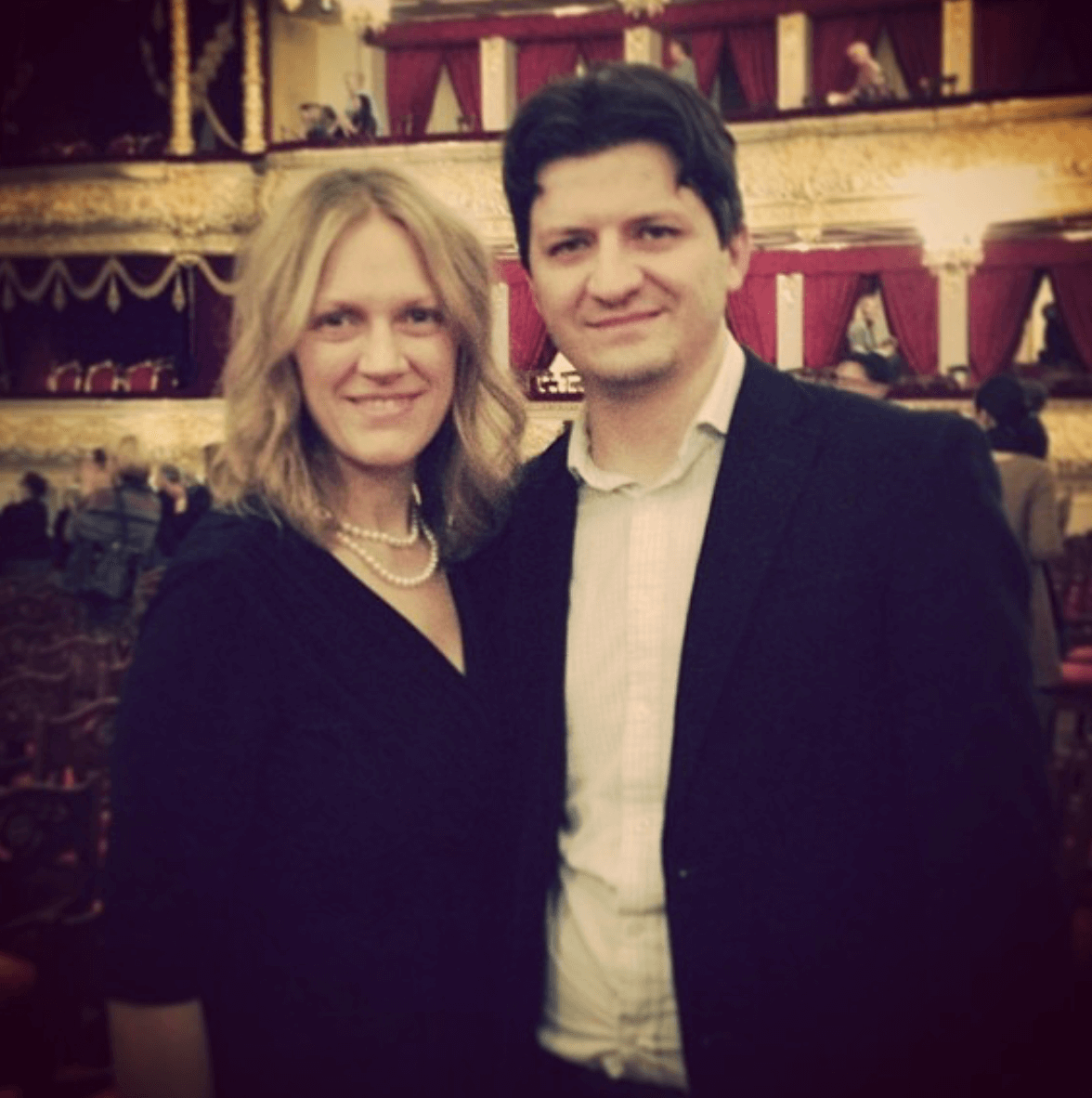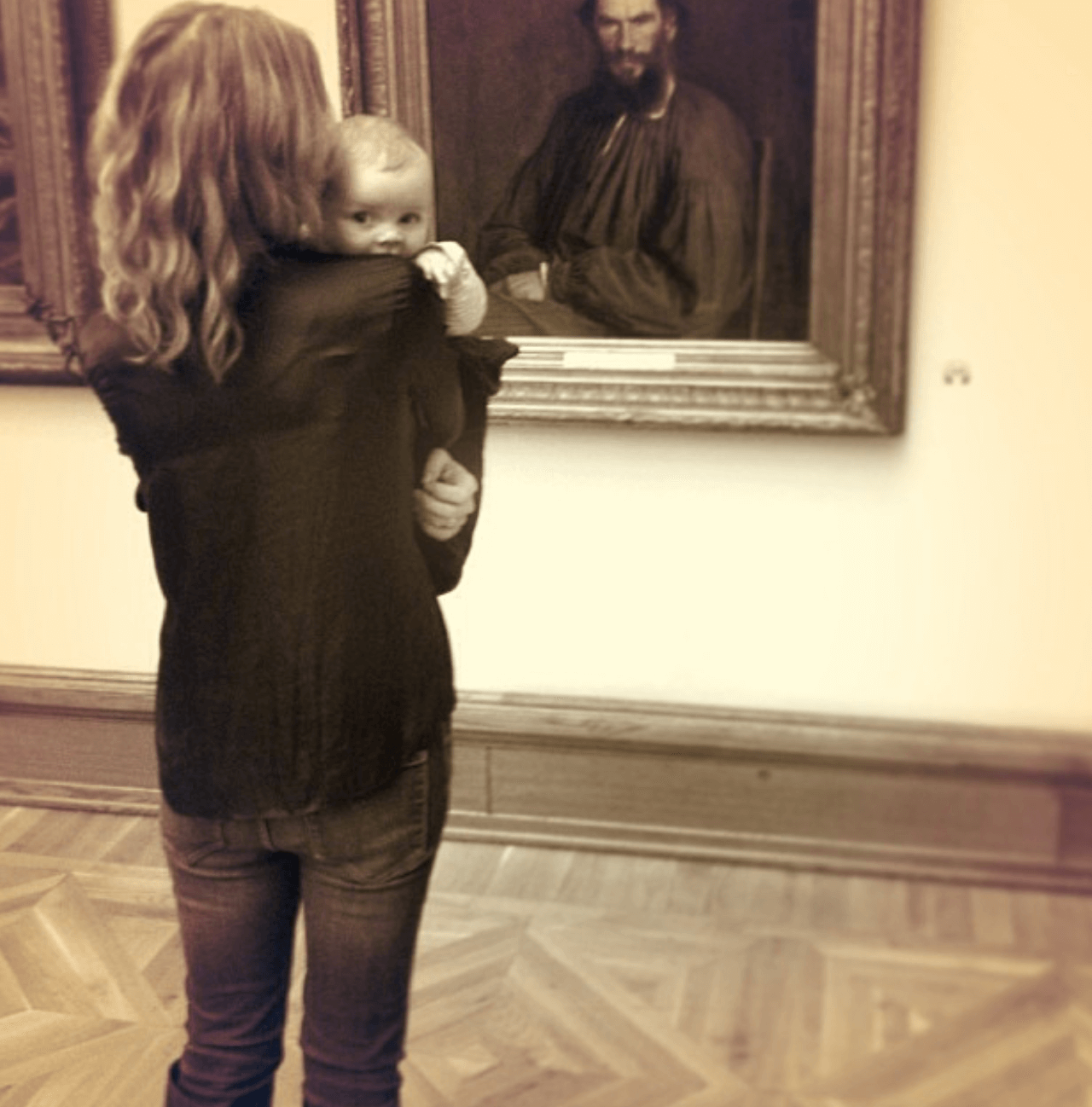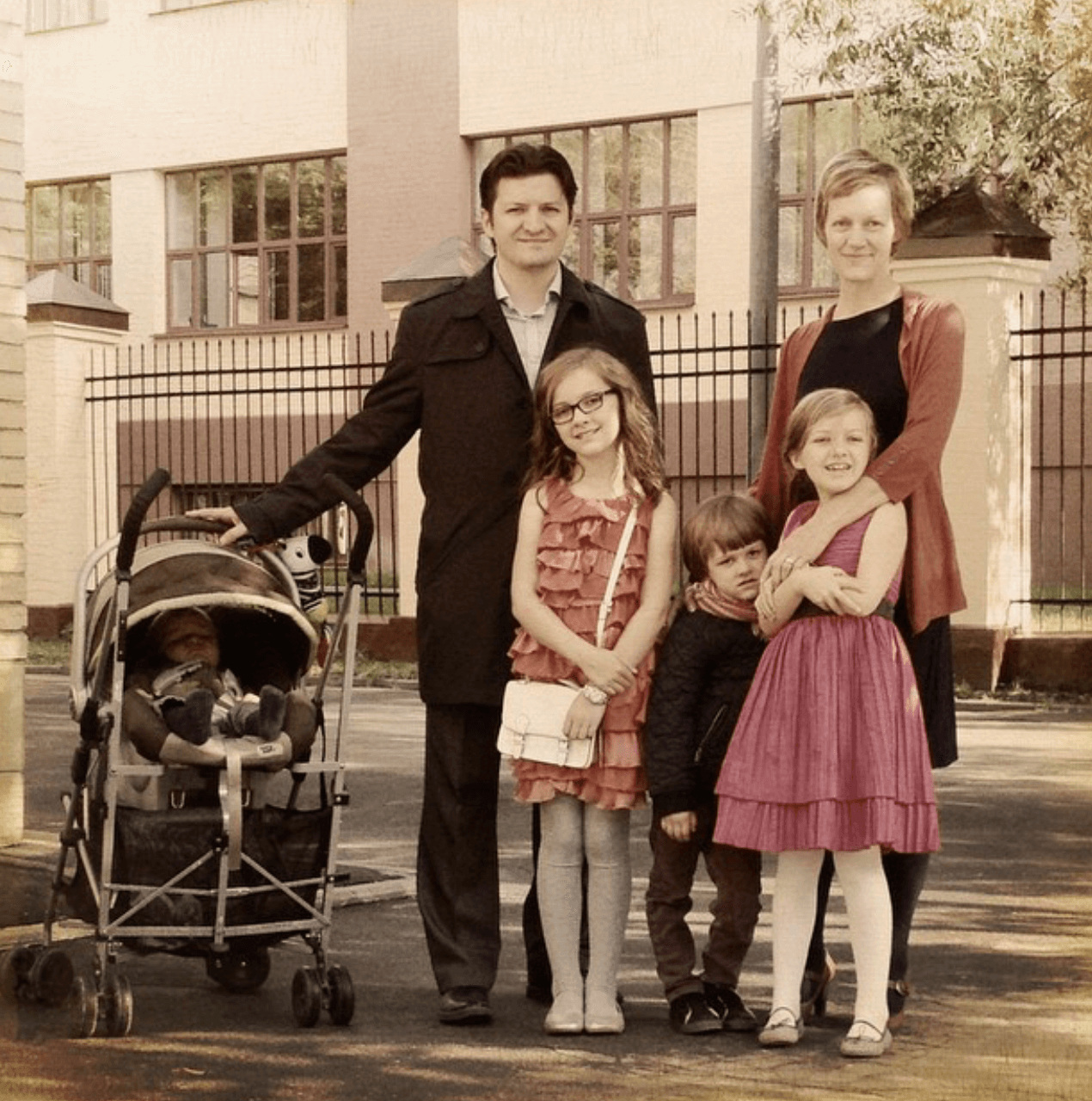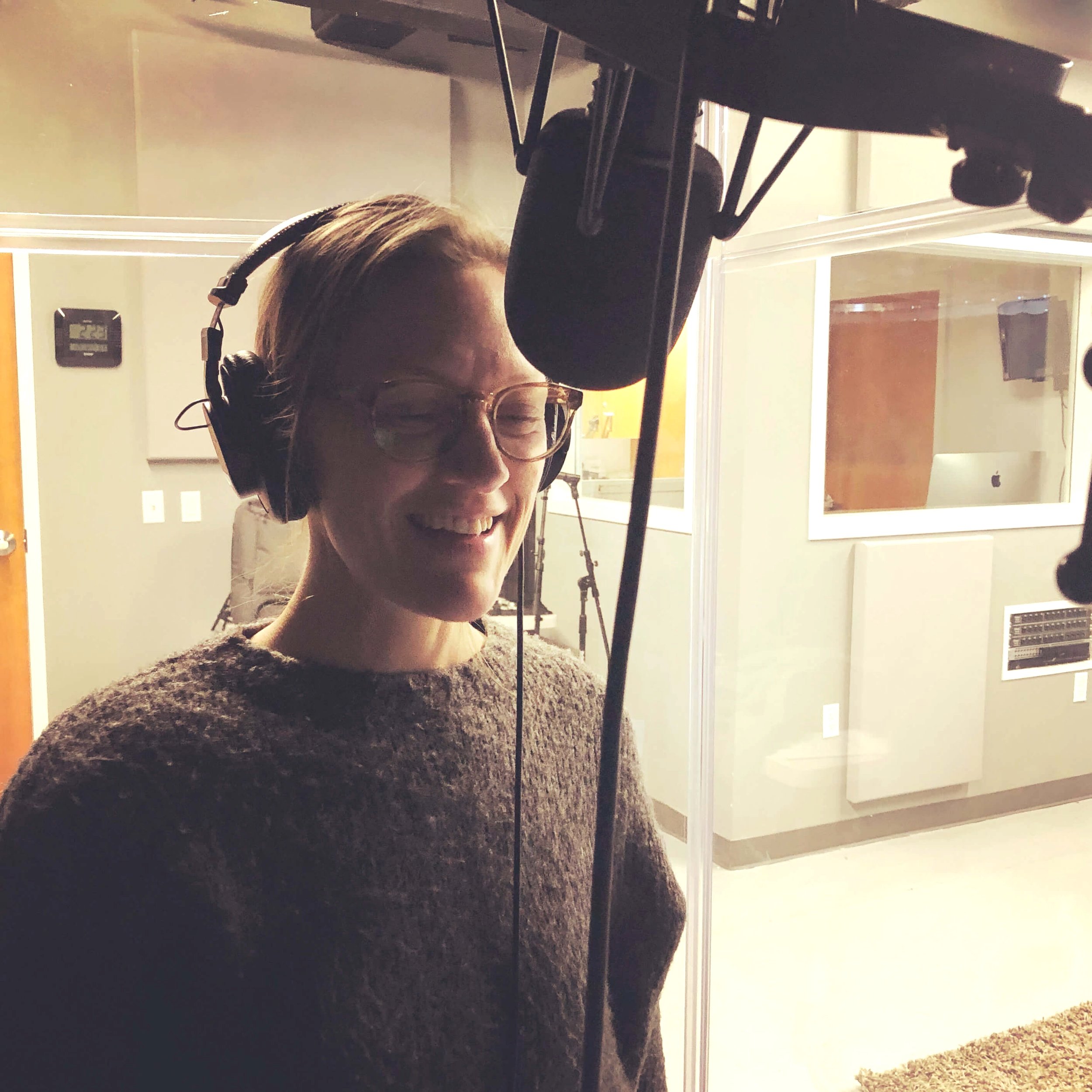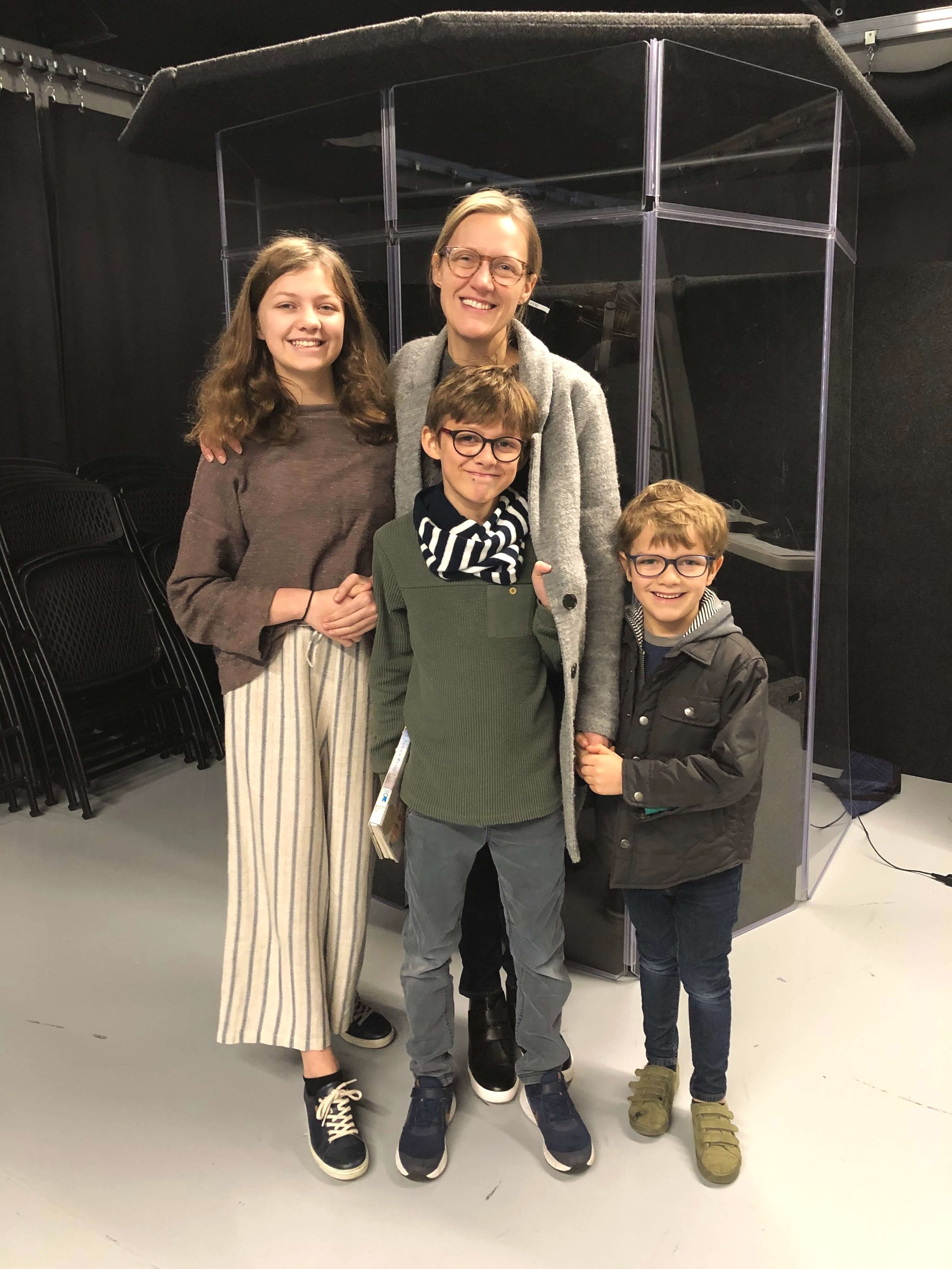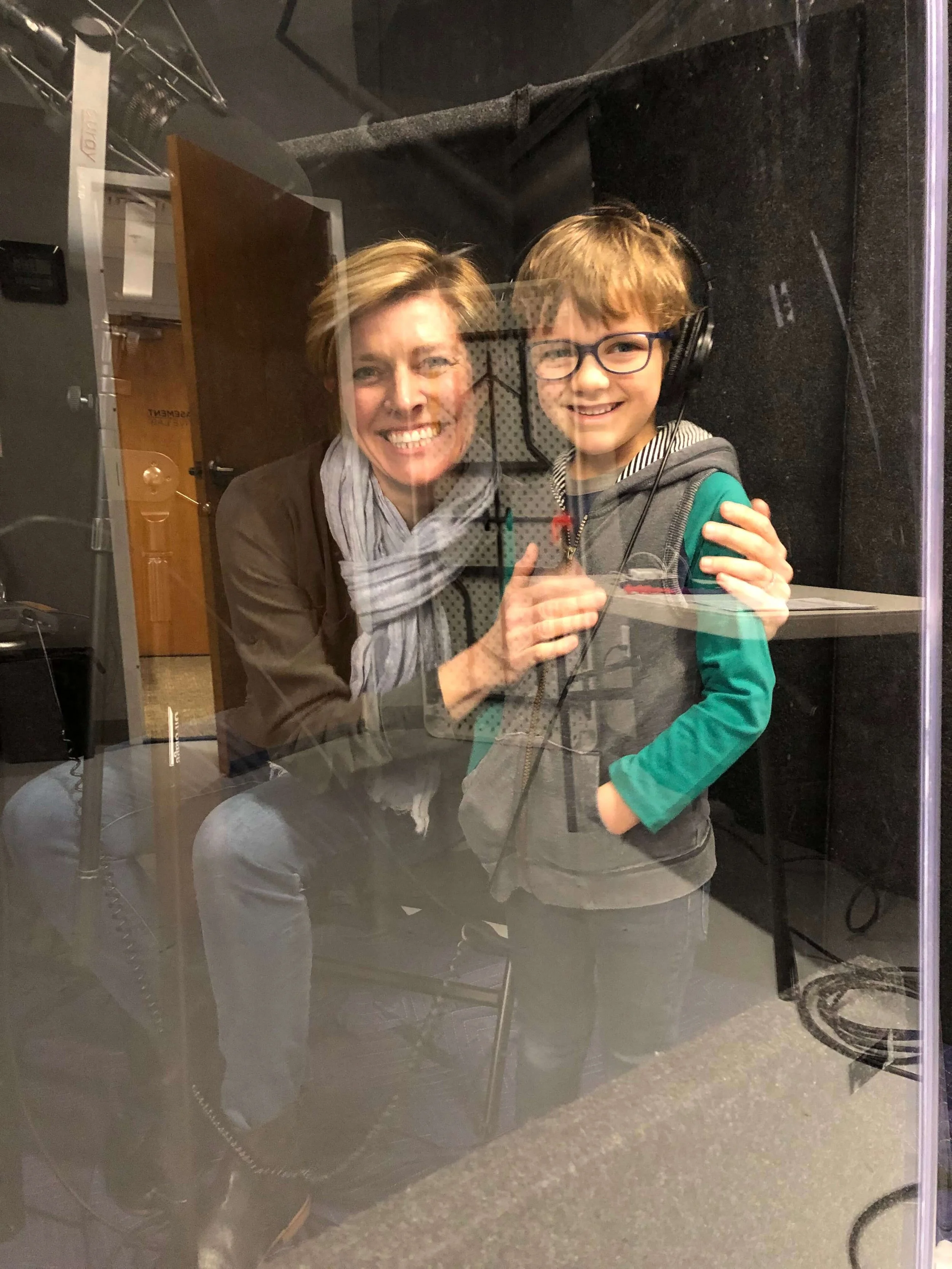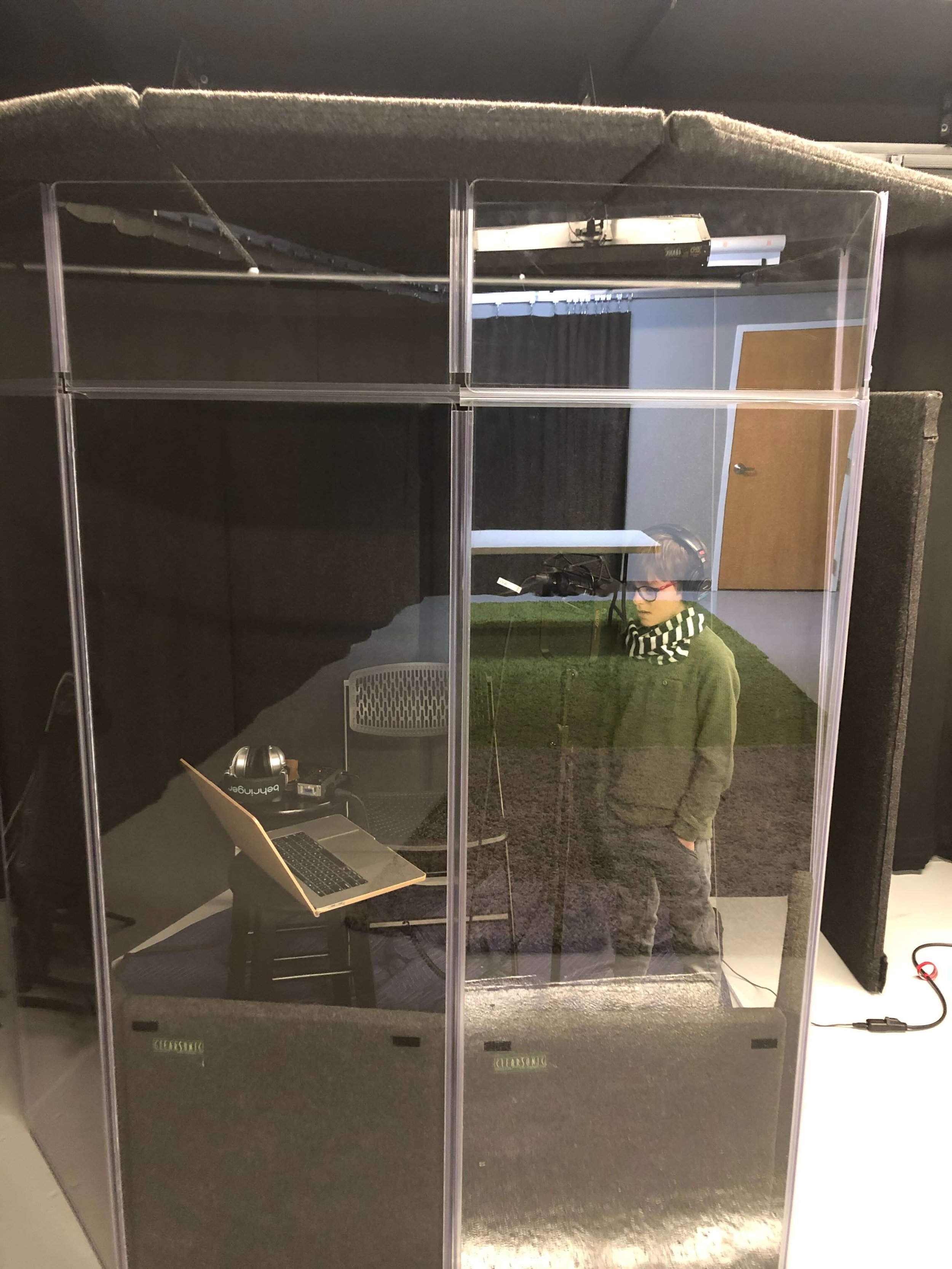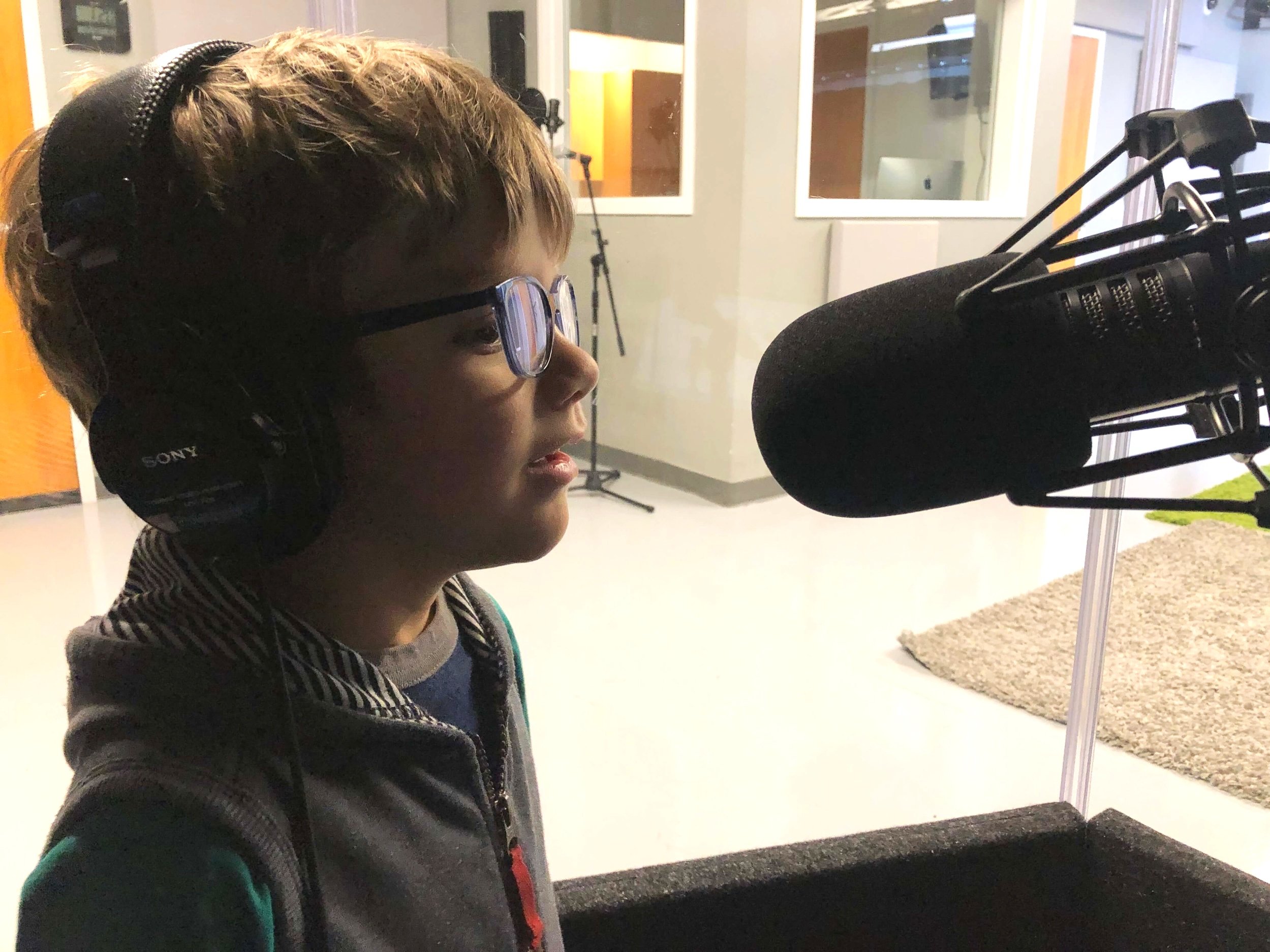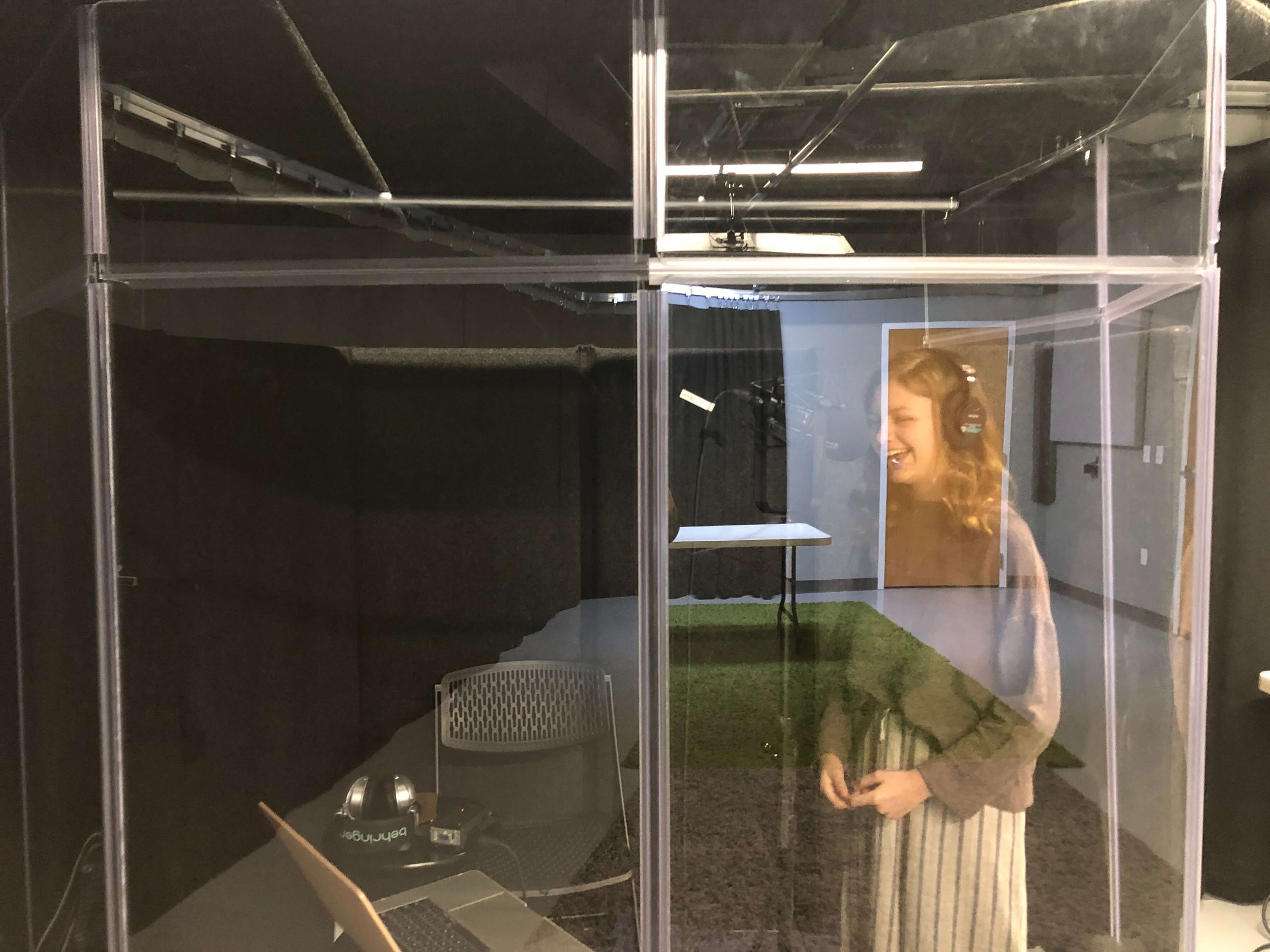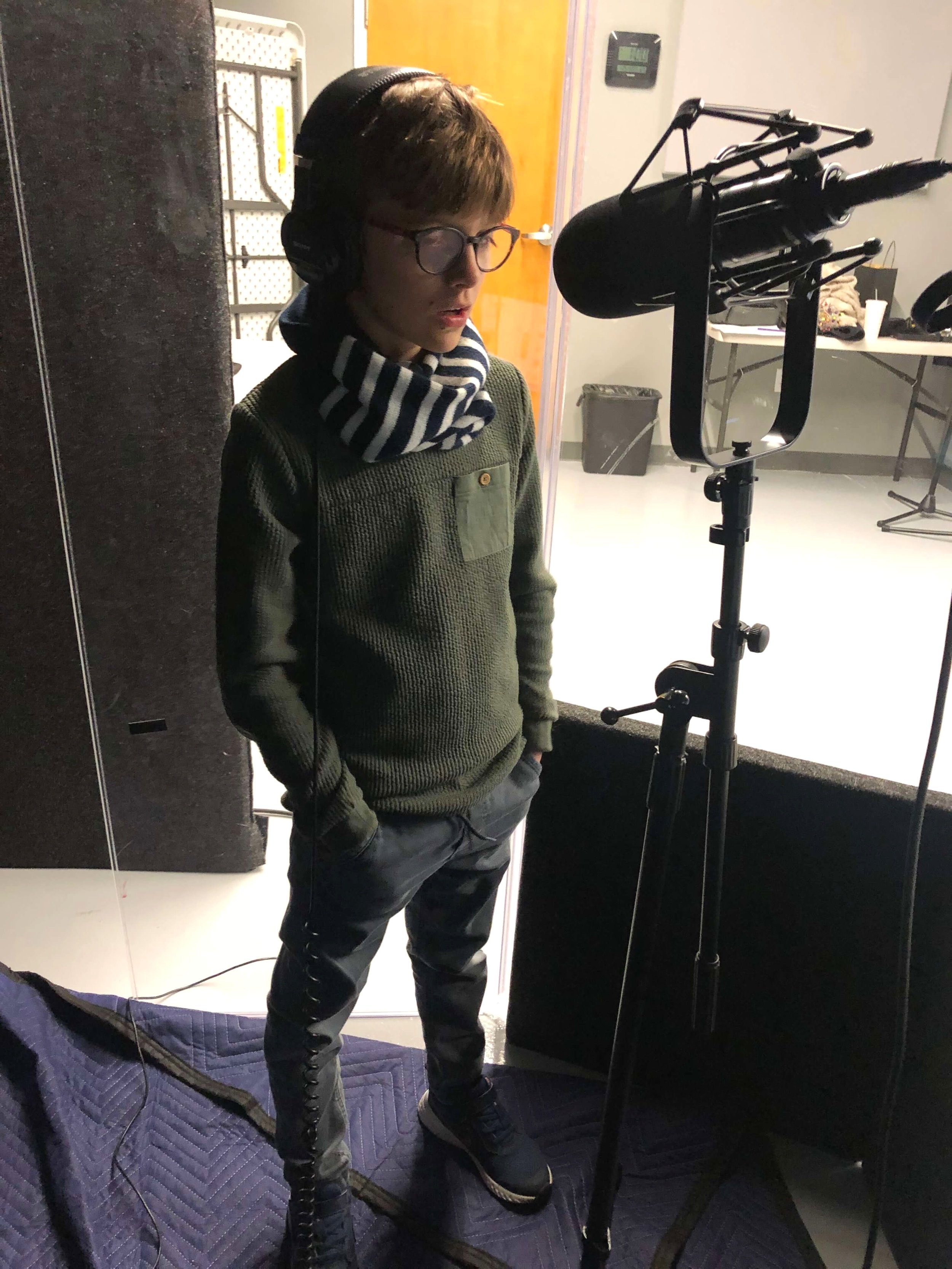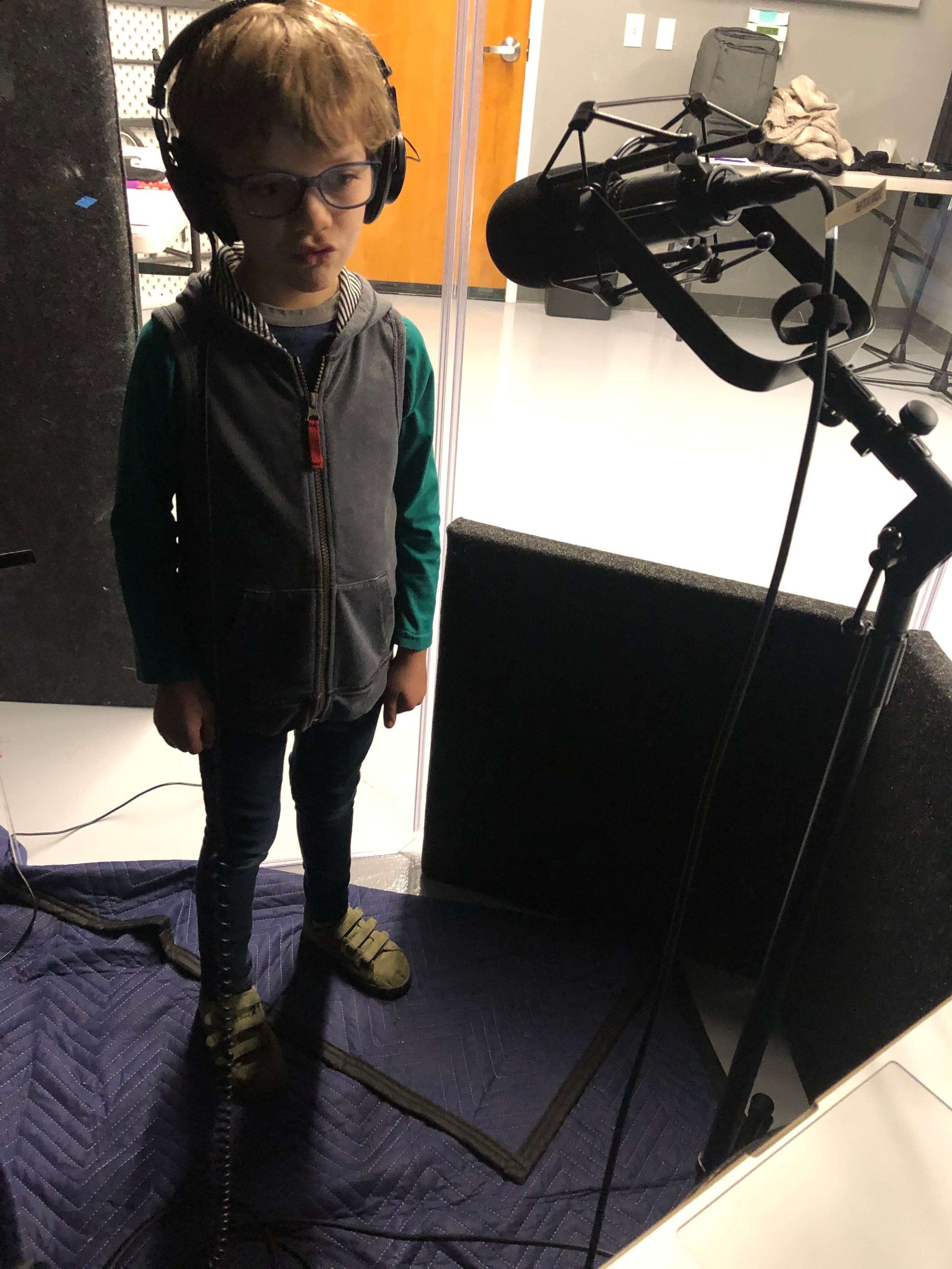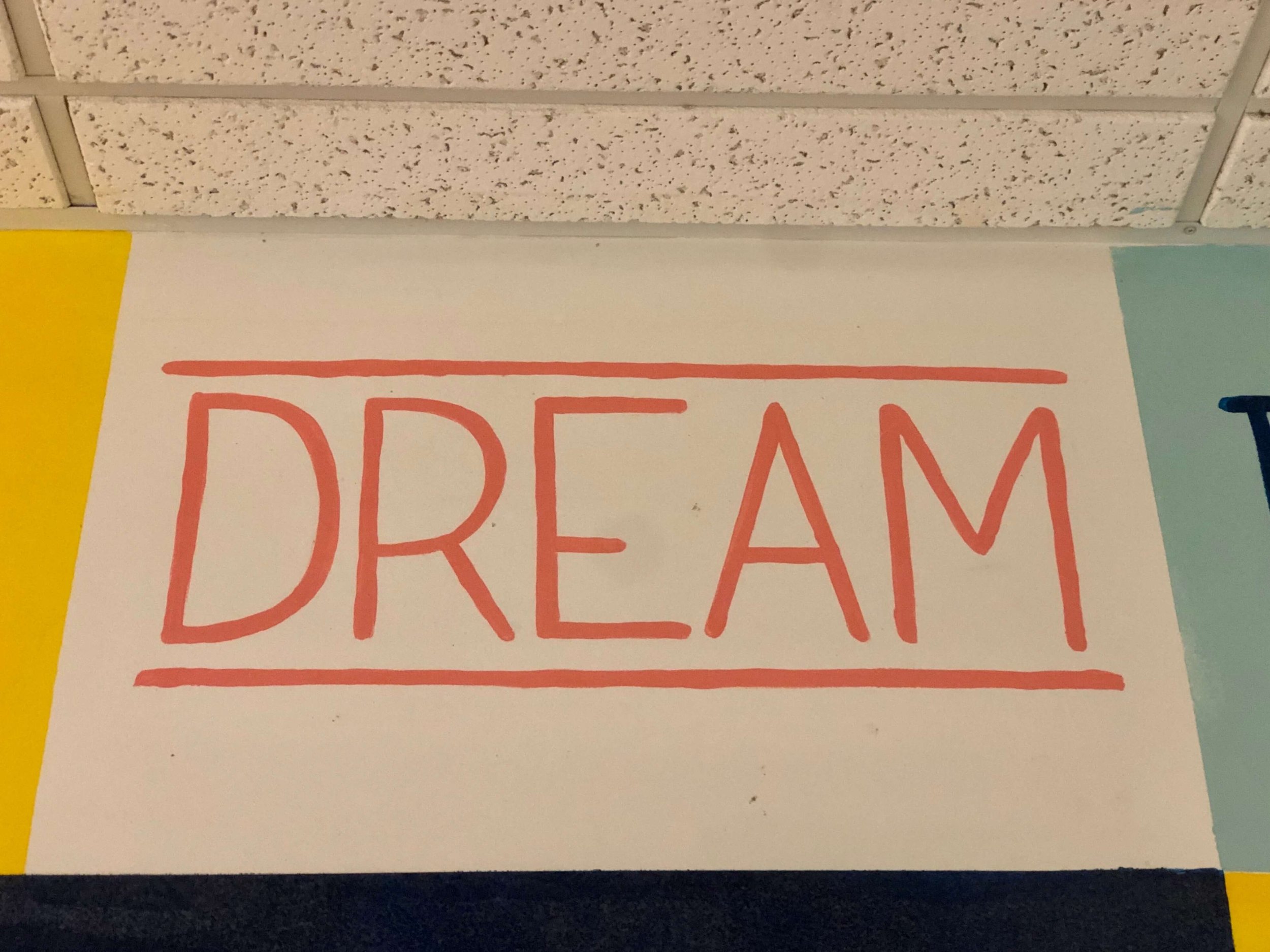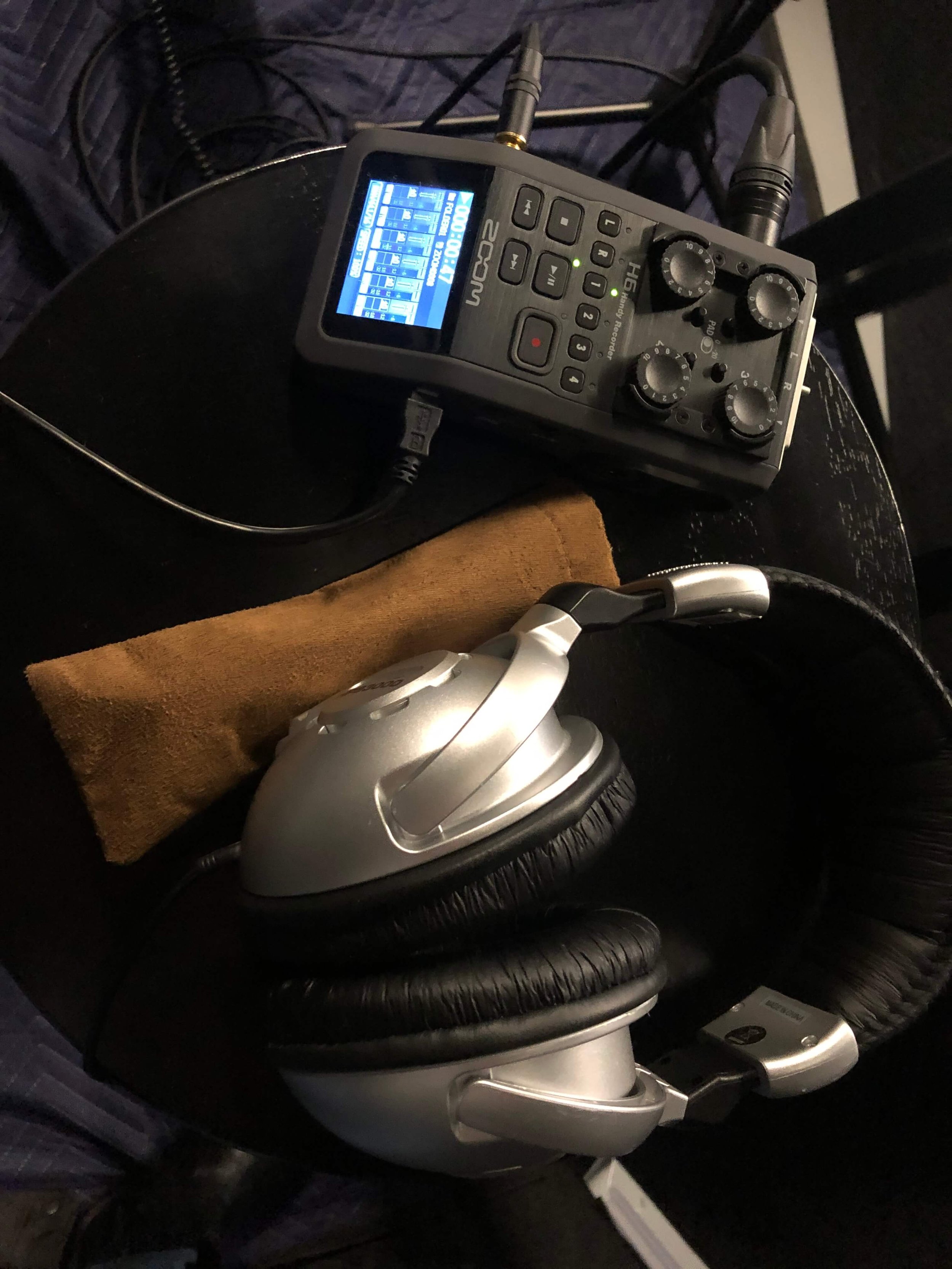A Beautiful Journey in Bilingual Parenting by a Non-Native Speaker
Welcome to Day 12 of our 20-day Blogathon, a special series debunking myths and making the bilingual journey (hopefully!) joyful and attainable for families.
Today, we're privileged to share insights from one of my favorite people in the entire world and dearest friends, Jennifer Prokhorov.
An American (former) expatriate who spent a decade in Russia, Jennifer opens up about the unique challenges and triumphs of raising a bilingual child as a non-native speaker.
Her insightful narrative is not just skillfully crafted and beautifully written; it serves as a testament to the beauty of perseverance and as a roadmap for parents navigating the complex terrain of language and cultural identity.
For me personally, Jennifer's story is a poignant reminder that consistent effort, even when imperfect, can yield enriching experiences and outcomes.
In sharing Jennifer’s experience, I hope to lift those who might feel that they are 'outsiders' to a language they wish their children to learn.
Her story validates the efforts of every parent who chooses to take on the rewarding challenge of bilingual parenting, regardless of their own linguistic background.
Jennifer, you are a beautiful human being and a true inspiration to me. Thank you for being my friend - and sharing your story with all of us.
- Michelle Glorieux, Founder & CEO of TA-DA! Language Productions.
I expressly remember some of those first moments of awkward effort.
We were walking with my four kids home from school, “fresh off the boat” after having lived in Russia for ten years, in our new neighborhood in Palo Alto, CA. And as I chit-chatted with my three older kids who had finished their first day of school, I leaned over to the youngest, age two, in his stroller and muttered something to him in Russian. It was the beginning of a long journey to helping him know the language.
I’m not sure at what point I decided that switching to Russian with him was the thing to do. I am an American myself, and married a Russian man who had lived in the States long enough to speak English just as well as me. So at home our language had always been English, no matter what country we were living in. My older three children had lived long enough in Russia that they had been able to soak up the language through school or in interactions with family members and nannies. And so I didn’t worry so much about them. But arriving back in America to live, I recognized that my youngest would never learn Russian if I didn’t give it to him. My husband, while wonderful, didn’t have the discipline to make it happen. So it was me, or not at all.
My Russian is excellent, but it’s not native. And so it was tough at the beginning. A bit awkward, and switching back and forth with other daily members of the family took more mental effort than I wanted to exert just to be able to communicate. Philippe answered a little in Russian at the beginning, but over time as it took me much less effort and became natural, it also became natural to him to answer me 100% in English. And so he and I have done things our own way, in parallel, but heading in the same direction, for 8 years now. . . Half of the time it requires no more mental effort of me, as I’ve gotten used to it, but the other half I will stumble upon a word or make a grammatical error, and deep down I wish I could breeze easily through something as simple as communication. But I’ve stuck with it. I have worried that as he’s grown older there would come a day when he would see me struggle to remember a word that he would say, “Why do you keep doing this? Just speak English!” Or “You don’t speak Russian to anyone else in the family, enough already!” But he’s ten now, and I don’t think it’s ever crossed his mind. It’s our thing, and it’s just what we do. In fact, he’s even started answering me (short answers) in Russian from time to time, which indicates that he even thinks in Russian sometimes. And currently, he’s in the room next to me with his dedushka (grandpa) playing foosball and speaking beautiful Russian. . . So I know that it’s not all in vain.
It has helped that we have grandparents that visit for weeks at a time several times a year, who speak with him exclusively in Russian. This helps him to see that there is a purpose behind it all. We’ll watch movies in Russian from time to time, and read books in Russian. I’ve had to push him a bit to learn to read in Russian, but with fun alphabet posters and intriguing books, (and taking turns reading so he doesn’t feel like it’s all his beast to tackle), he has agreed to make it happen.
What’s interesting, and has become more evident only as my children have grown older, is how much this language and rich culture exposure helps them forge their identity. I watch my oldest, who lived half her life in Russia and half in America, who loved to be called the American while living in Russia, and while in America wants others to know her roots. She’s currently away at college, and has sought out other Russian speakers for that cultural connection, even in spite of today’s ugly political climate among Eastern Europeans. The language for her has been a bridge and a bonding element among strangers that has helped her connect with others in a deeper way. Something I fear she never would have had, had we kept her in an American school while living in Russia and depriving her of the language part of her roots.
Language and culture are such enriching elements of the global society, and the more we can gift our children, the richer they become.
“When nothing else seems to help, I go and look at a stonecutter hammering away at his rock perhaps a hundred times without as much as a crack showing in it. Yet at the hundred and first blow it will split in two, and I know it was not that blow that did it, but all that had gone before.” --Jacob Riis
And so it lies on us, bilingual parents, to take the initiative, gird the discipline, and stay consistent, to keep hammering away like the stonecutter. Day in, day out, helping our kids not only to understand and speak a foreign language, but to feel themselves a bigger and more involved part of our ever-shrinking global community.
We hope Jennifer's journey has inspired you, as it has us. Language is more than words; it's a gateway to worlds of cultural richness, personal growth, and familial connection.
Are you a parent navigating the rewarding yet challenging path of raising a bilingual child? We'd love to hear your story!
Share your experiences, questions, or insights in the comments below, or join our TA-DA! Language Productions community on Instagram, Facebook or Linkedin @Tadalanguages.
Interested in exploring deeper? We’ve added various articles, books and podcasts that delve into various facets of today’s blog, listed below. They’re not just research; they’re roadmaps to help guide you through your own bilingual journey.
We hope it will inspire you to take the first step, or the next step, in your bilingual parenting adventure. Because every word counts, and every child deserves the gift of language!
Have You Read: "So You Want to Raise a Bilingual Child but Only Speak One Language?"
If you enjoyed Jennifer's insights into raising a bilingual child as a non-native speaker, you won't want to miss our feature with Amy Maan of 123 Petits Pas. In it, Amy breaks down practical, science-backed ways monolingual parents can foster bilingualism in their homes.
Catch up on her enlightening piece and learn how any parent, regardless of linguistic background, can gift the superpower of bilingualism to their children.
Did you Know?
Jennifer Prokhorov and her kids aren't just bilingual champions; they're also among the 23 different voices you can hear pronouncing each and every word in TA-DA!'s Very Special Talking English Dictionary! Check out the photos below to get a behind-the-scenes "Insider's Sneak Peek" of them in action recording. (It's never a dull moment with the Prokhorovs!)
Further Reading & Resources (the easy to absorb and more intense resources, for those seeking it, are included below):
Consistency and Commitment
Explore how regular interaction in a language contributes to fluency.
Why Consistency is Key to Learning a New Language, BBC Future, YouTube
The Role of Frequency and Consistency in Language Learning, the Language Learning Journal(This academic article delves deep into the impact of frequency and consistency in language learning, highlighting their critical roles in acquiring fluency.)
Cultural Identity
Learn why being bilingual often leads to a broader understanding of cultural norms and values.
TED Talk by Poet Safwat Saleem: Why I Keep Speaking Up, Even When People Mock My Accent(A heartfelt TED Talk that explores the relationship between language, culture, and personal identity.)
The Relationship Between Bilingualism and Cultural Identity published in the International Journal of Bilingualism.Social Learning Theories
Understand Vygotsky’s theories on how children learn best in a social setting. Learn why social interaction matters in language learning.
What Is Social Learning?, Article on Edutopia(This article provides a straightforward introduction to social learning theories in an education context, including language acquisition.)
Vygotsky's Socio-Cultural Theory and Its Application in Language Education published in the Intercultural Education Journal.(This article provides a comprehensive look at Vygotsky's theories on social learning, particularly focusing on language acquisition in children.)
Motivation in Learning
Dive into the Self-Determination Theory to understand why internal motivation plays a pivotal role in successful language acquisition.
How to Find Your Motivation for Language Learning, Blog by Fluent in 3 Months
Motivation, Language Identity and the L2 Self by Zoltán Dörnyei and Ema Ushioda.(This book focuses on the Self-Determination Theory and how intrinsic motivation is pivotal in language learning.)
The Concept of Grit
Learn about grit and its role in achievement - and how long-term goals and perseverance contribute to meaningful success.
How to Build Grit, Podcast Episode by The Happiness Lab
(This podcast delves into the concept of grit and how it can be applied to various aspects of life, including long-term commitments like learning a language.)
Grit: The Power of Passion and Perseverance by Angela Duckworth.(Angela Duckworth’s book is a cornerstone work on the concept of grit. It combines psychology, case studies, and insights into how grit contributes to success, including in long-term commitments like language learning.)
By delving into these resources, you'll find that Jennifer's personal experiences are supported by science and psychology, affirming the practical wisdom she offers. We hope you find inspiration and actionable insights through her compelling journey.



